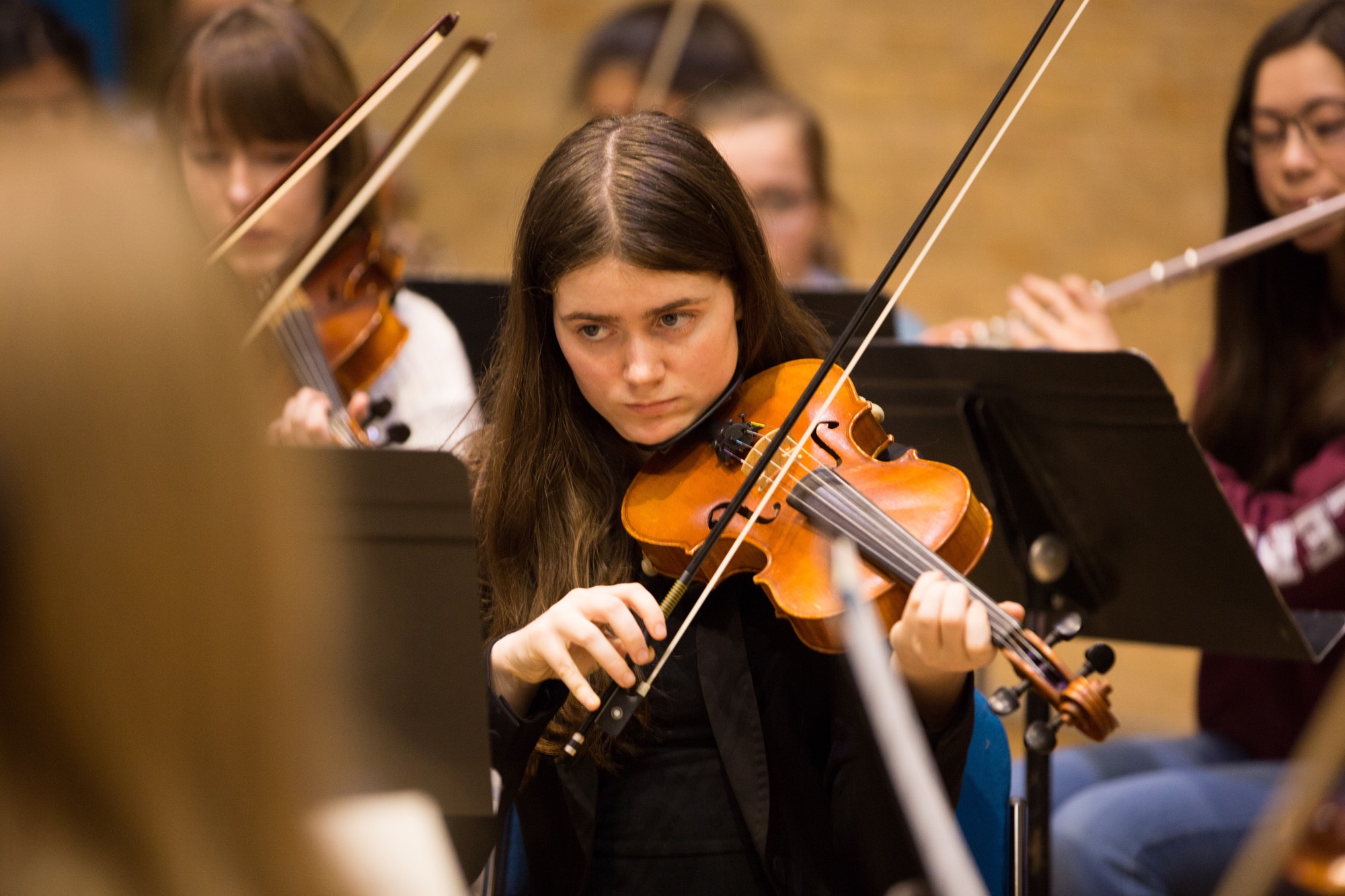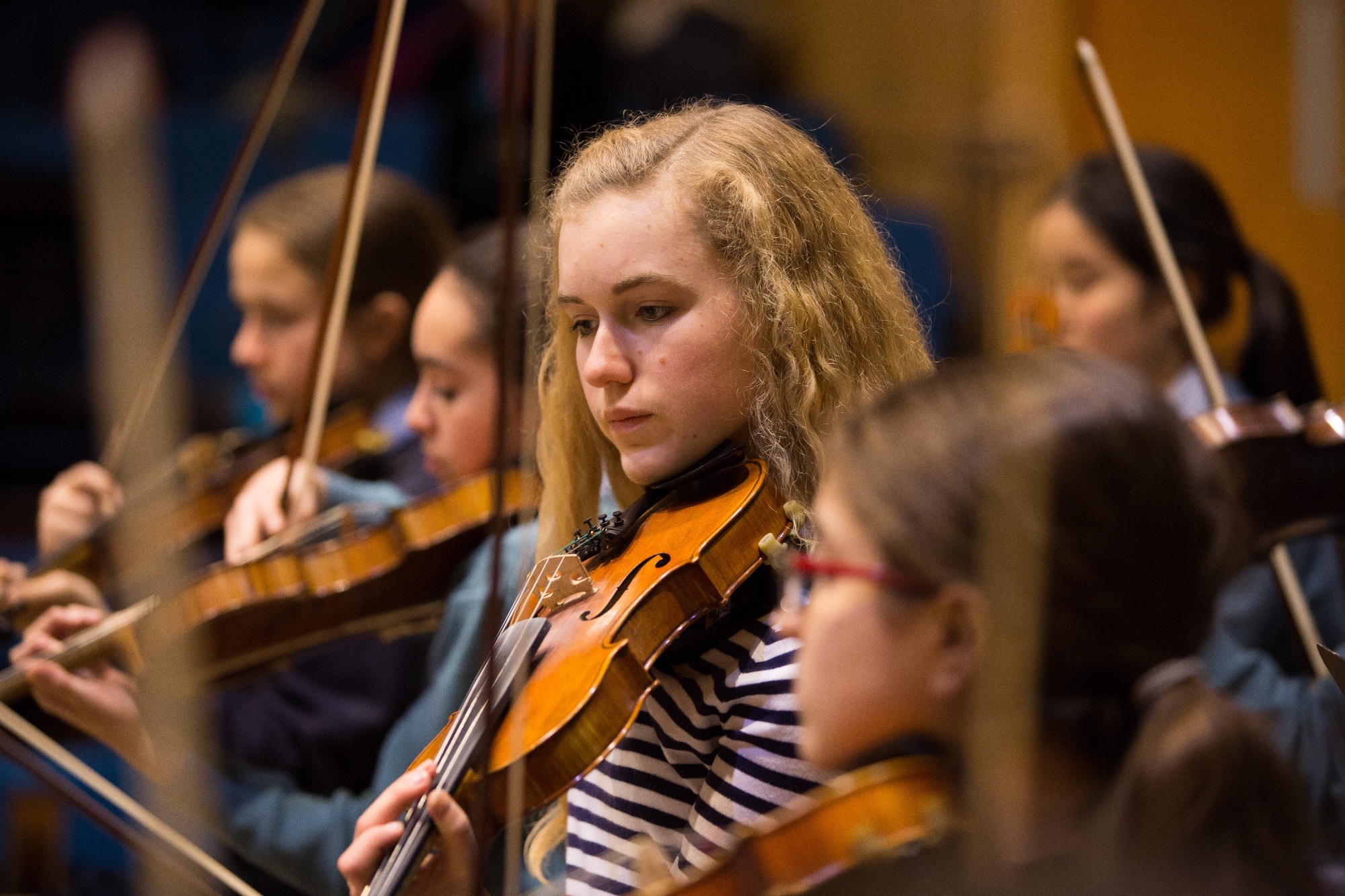If you are thinking about studying music in the Sixth Form, the chances are that you already play an instrument or sing to a high standard, and enjoy performing a wide range of solo and ensemble music.
OCR Music (H543)
 A Level Music has a strong practical and creative element, so you can gain recognition for your performing abilities whilst gaining further experience in the areas of composing and historical study.
A Level Music has a strong practical and creative element, so you can gain recognition for your performing abilities whilst gaining further experience in the areas of composing and historical study.
The course develops a broad range of skills, and promotes independent learning and critical thinking. It complements Science, Arts or Humanities specialisms, so it is an ideal subject to consider in the Sixth Form. If you wish to study music at university or college, A Level Music is essential preparation.
Most students opting for A Level Music have studied music to GCSE level, but if you are a very strong performer with a good knowledge of music theory, it may be possible to take this course without - please ask if this applies to you.
Course content
-
Performing - You will perform a short recital as either a soloist, an accompanist or a member of a small ensemble. This can be on one or more instruments (including voice).
-
Composing - You will complete two compositions; one written to a brief set by OCR, and one written to a brief set by you. You will also complete some technical exercises if you opt to specialise in composing.
-
Listening and appraising - you will learn about a wide variety of repertoire through studying at least four topics, which include: The Instrumental music of Haydn, Mozart and Beethoven; Popular Song - Blues, Jazz, Swing and Big Band; Developments in Instrumental Jazz 1910 to the present day; Religious Music of the Baroque Period; Programme Music 1820 - 1910; Innovations in Music 1900 to the present day.
Assessment
You can choose whether to specialise in either performing or composing.
Paper 1: Performing
25 or 35%, live performance, which is recorded for assessment
Paper 2: Composing
25 or 35%, two coursework compositions (and technical exercises if applicable)
Paper 3: Listening and appraising
40%, 2.5 hours written exam, including aural extracts
